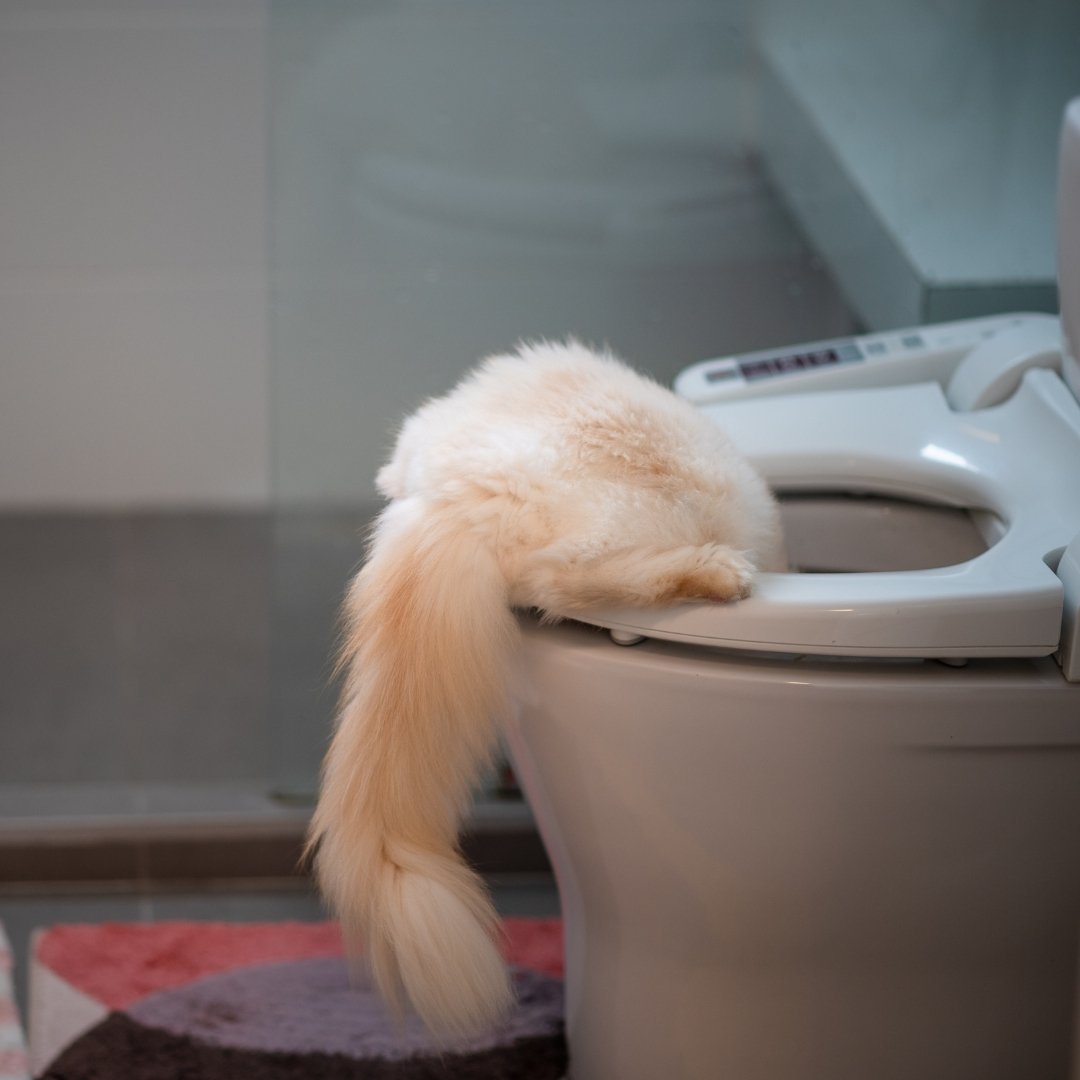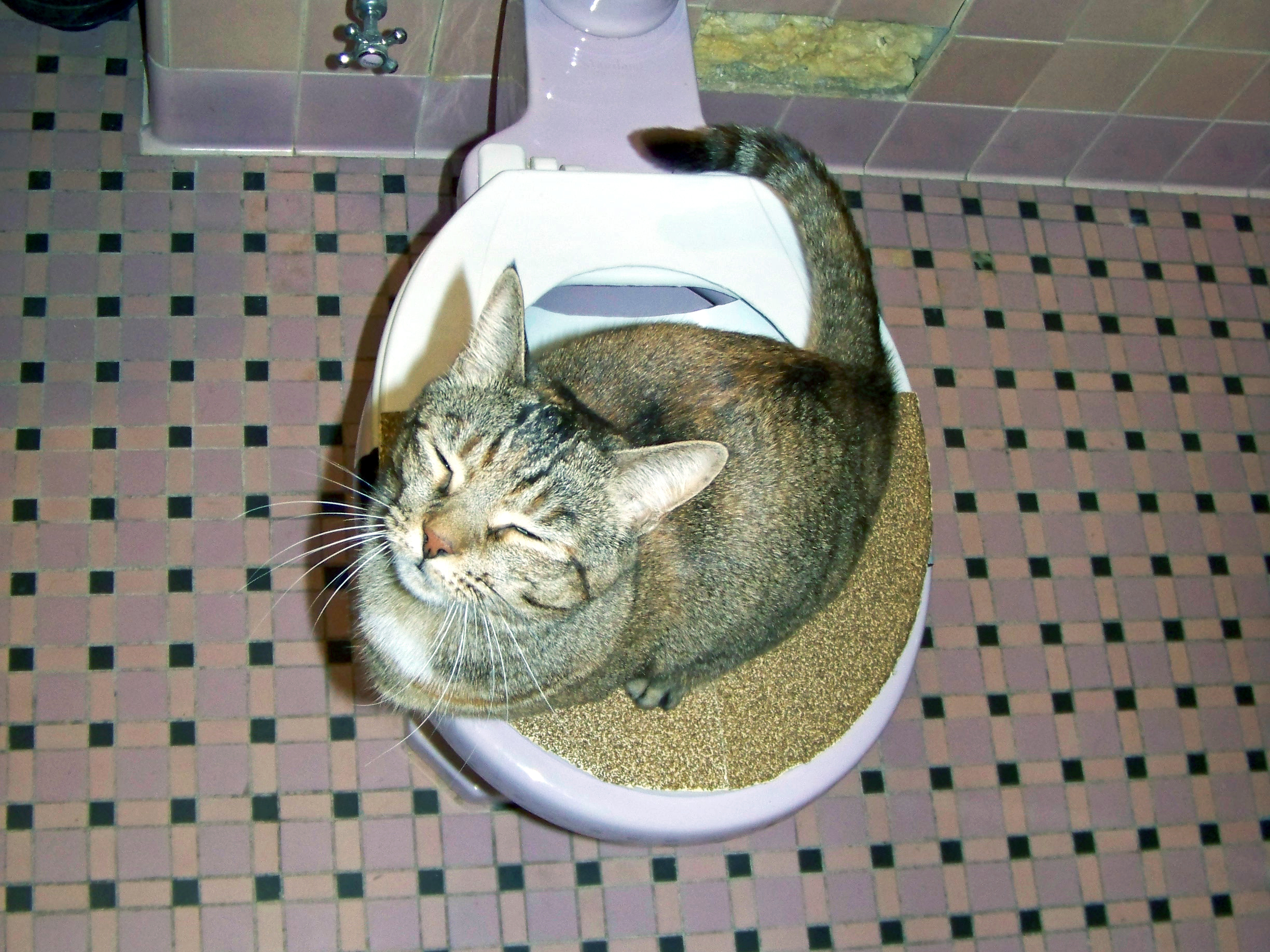Why You Shouldn't Flush Cat Poop Down Your Toilet - Preserve Your Pipe Health
Why You Shouldn't Flush Cat Poop Down Your Toilet - Preserve Your Pipe Health
Blog Article
Presented here in the next paragraph you can get a bunch of first-rate data regarding How to Dispose of Cat Poop and Litter Without Plastic Bags.

Introduction
As feline owners, it's vital to bear in mind just how we get rid of our feline pals' waste. While it might seem convenient to flush pet cat poop down the commode, this method can have damaging repercussions for both the setting and human health and wellness.
Alternatives to Flushing
Fortunately, there are more secure and more liable methods to throw away pet cat poop. Consider the following options:
1. Scoop and Dispose in Trash
One of the most typical technique of dealing with feline poop is to scoop it into a naturally degradable bag and toss it in the trash. Make certain to utilize a devoted clutter scoop and deal with the waste without delay.
2. Use Biodegradable Litter
Go with biodegradable feline clutter made from materials such as corn or wheat. These trashes are eco-friendly and can be safely thrown away in the garbage.
3. Bury in the Yard
If you have a lawn, think about hiding pet cat waste in a designated area away from vegetable gardens and water sources. Make sure to dig deep sufficient to prevent contamination of groundwater.
4. Install a Pet Waste Disposal System
Purchase a pet garbage disposal system particularly designed for feline waste. These systems utilize enzymes to break down the waste, minimizing odor and ecological effect.
Health Risks
In addition to ecological concerns, flushing pet cat waste can also pose health and wellness risks to people. Feline feces may contain Toxoplasma gondii, a bloodsucker that can create toxoplasmosis-- a potentially serious ailment, especially for expectant women and individuals with weakened immune systems.
Ecological Impact
Flushing feline poop introduces damaging microorganisms and bloodsuckers into the water supply, positioning a substantial threat to water environments. These contaminants can negatively impact marine life and concession water top quality.
Final thought
Responsible pet dog ownership prolongs beyond giving food and sanctuary-- it also includes proper waste administration. By refraining from purging feline poop down the commode and going with different disposal techniques, we can minimize our environmental footprint and safeguard human health and wellness.
Why You Should Never Flush Cat Poop Down the Toilet
A rose by any other name might smell as sweet, but not all poop is created equal. Toilets, and our sewage systems, are designed for human excrement, not animal waste. It might seem like it couldn’t hurt to toss cat feces into the loo, but it’s not a good idea to flush cat poop in the toilet.
First and foremost, assuming your cat uses a litter box, any waste is going to have litter on it. And even the smallest amount of litter can wreak havoc on plumbing.
Over time, small amounts build up, filling up your septic system. Most litter sold today is clumping; it is made from a type of clay that hardens when it gets wet. Ever tried to scrape old clumps from the bottom of a litter box? You know just how cement-hard it can get!
Now imagine just a small clump of that stuck in your pipes. A simple de-clogger like Drano isn’t going to cut it. And that means it’s going to cost you big time to fix it.
Parasitic Contamination
Believe it or not, your healthy kitty may be harboring a nasty parasite. Only cats excrete Toxoplasma in their feces. Yet it rarely causes serious health issues in the cats that are infected. Most people will be fine too if infected. Only pregnant women and people with compromised immune systems are at risk. (If you’ve ever heard how women who are expecting are excused from litter cleaning duty, Toxoplasma is why.)
But other animals may have a problem if infected with the parasite. And human water treatment systems aren’t designed to handle it. As a result, the systems don’t remove the parasite before discharging wastewater into local waterways. Fish, shellfish, and other marine life — otters in particular — are susceptible to toxoplasma. If exposed, most will end up with brain damage and many will die.
Depending on the species of fish, they may end up on someone’s fish hook and, ultimately on someone’s dinner plate. If that someone has a chronic illness, they’re at risk.
Skip the Toilet Training
We know there are folks out there who like to toilet train their cats. And we give them props, it takes a lot of work. But thanks to the toxoplasma, it’s not a good idea.

As a keen reader about Can You Flush Cat Poo or Litter Down the Toilet?, I imagined sharing that piece of content was necessary. Those who appreciated our page please remember to pass it around. Many thanks for your time spent reading it.
Schedule Service Pickup Report this page